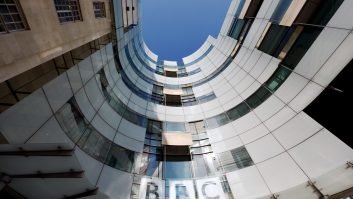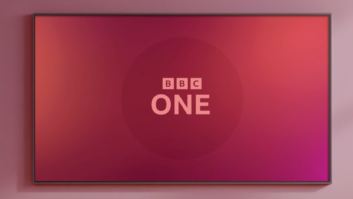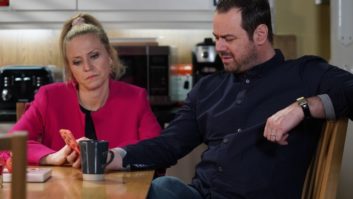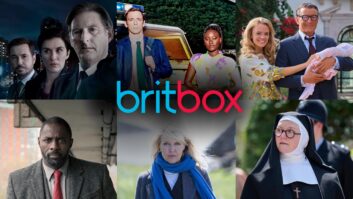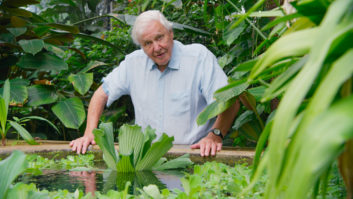Amidst the furore over racism in Big Brother, the other areas of Channel 4 CEO, Andy Duncan_s, speech at the Oxford Media Convention were largely ignored by the papers, writes Chris Forrester. Including some rather interesting remarks on HD.
Duncan said the BBC should levy a supplementary licence fee to fund its HDTV efforts. This suggestion, coming just minutes after Culture Secretary Tessa Jowell_s unveiling of the BBC_s new licence fee structure must have gone down like a lead balloon at Broadcasting House.
Duncan further added that he did not see the mass market of UK homes having high def receivers for many years. _It’s far from clear to me that HDTV will ever become universally available, when you think about the implications of all households needing to get the necessary kit._
The BBC already has had a two-level licence fee for television, in place since January 1968 when its (then) _5 black & white licence was raised to _10 for those with a colour set. Currently monochrome sets are levied at _44, while colour reception is set at _131.50. These figures rise in April to _45.50 and _135.50.
Returning to HD, Duncan said he was not sure whether the BBC should be setting out to offer HDTV universally. _But it could work brilliantly if the BBC started charging for HDTV services. It’s very hard to see that, even by 2020, HDTV will be in a majority of homes.” Duncan also joined the call for today_s main networks to be gifted HD spectrum following the 2012 analogue switch off. _I think there is an important argument to be made that we really do need an extra multiplex on DTT. A really big benefit would be look properly in policy terms at creating a seventh multiplex, as a way of safeguarding public service broadcasting. This is the biggest issue once we get past switchover.”
The BBC will probably be required to _gift_ extra spectrum to Channel 4 (sufficient for another digital channel), as well as three national digital radio services, as part of this licence fee settlement. However, last week_s BBC licence fee announcements did not mention high definition TV. The closest BBC director general Mark Thompson got to the topic was when he touched on the BBC_s priorities, which the BBC executive were reviewing, adding: _and will make recommendations to the [BBC] Trust. As with everything we do, we’ll be focussing on maximising public value._
The BBC formally is still referring to its current HD transmissions as a trial due to end this year, and it has to remain as test transmissions until the BBC Trust (the new name for the BBC_s governing body) gives its verdict on the concept.
There_s also the very real prospect that high-def could go onto the BBC_s back burner, as the broadcaster struggles to fill its _funding gap_ of some _2bn over the next six years. However, Tessa Jowell, speaking at last week_s Oxford Media Convention strongly hinted that the BBC should listen to its audience, where mainstream entertainment was a key expectation.
